En los medios

Argentina: beyond impunity
Argentina's democracy has travelled far since the early 1980s. Now, the sudden death of a senior prosecutor highlights the need for a new phase of reform.
(*) Director of the department of political science and international studies at the Universidad Torcuato Di Tella in Buenos Aires.
Conocé nuestros programas
Nuestra oferta académica está diseñada para formar profesionales capaces de liderar en ámbitos académicos, políticos y sociales.

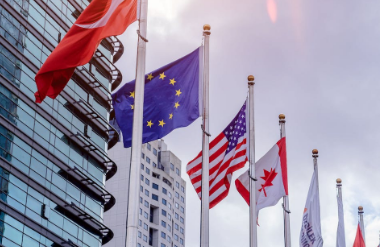
Aprendé con
los mejores
Nuestro cuerpo docente se distingue por su rigurosa formación doctoral en las universidades más prestigiosas del mundo. Su alta dedicación y su conocimiento y experiencia internacional los habilitan para desempeñarse exitosamente en distintos ámbitos y proveer a los/as estudiantes de una sólida formación multidisciplinaria.
en Argentina para dictar
clases de grado y posgrado.
Fuente: Ranking Teaching, Research and International Policy (TRIP) International Relations Survey, 2014.
La Di Tella está entre las 150 mejores universidades del mundo en el área de Ciencia Política.
(Fuente: QS World University Rankings 2023)
Conocé a nuestro cuerpo docente
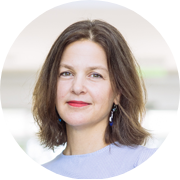
Jennifer Cyr
Ph.D. in Political Science, Northwestern University.
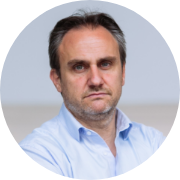
Sebastián Etchemendy
Ph.D. in Political Science, University of California at Berkeley.
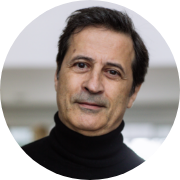
Enrique Peruzzotti
Ph.D. in Sociology, New School for Social Research.

Catalina Smulovitz
Ph.D. in Political Science, The Pennsylvania State University.

Hayley Stevenson
Ph.D. in International Relations, University of Adelaide.
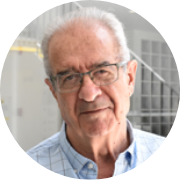
Juan Carlos Torre
Docteur en Sociologie, École des Hautes Études en Sciences Sociales.
Novedades
Reuniones informativas
Cátedras y centros de investigación
Un espacio académico para el análisis, conocimiento y difusión del país de manera integral. Tiene el propósito de establecer un ámbito plural desde el cual enriquecer el diálogo entre Argentina y Colombia.
Una iniciativa conjunta de la Universidad Torcuato Di Tella, la Embajada de Francia en Argentina y el Instituto Franco Argentino que tiene por objetivo promover el intercambio académico y el diálogo.
de cambios en Cuba
El proyecto "Tiempo de cambios y el nuevo rol de las fuerzas armadas en Cuba" busca informar a actores que sean disidentes y críticos de las fuerzas armadas revolucionarias de Cuba (FAR) de dos maneras diferentes.
Departamento de Admisiones
Contacto


